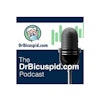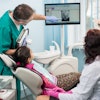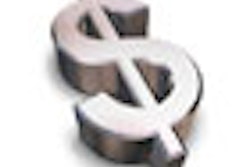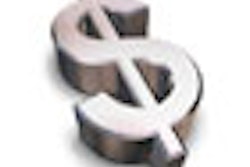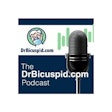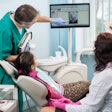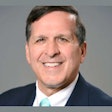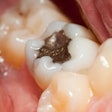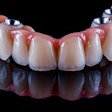Americans were spending more on dentistry -- at least before the recession hit -- according to figures recently released by the Agency for Healthcare Research and Quality. The average American spent $607 on dentistry in 2006, up from $374 a decade before.
It's not clear yet what bite the economic downturn may have taken since the agency has not released figures for 2008. Still, the upward trend was a sharp one; even after adjusting for inflation, Americans spent 21% more for dental work in 2006 than in 1996.
That $607 makes up a fairly small piece of the healthcare pie -- only 7.4% of the total expenses. And there's plenty of room for growth, since only 42% of Americans spent any money at all on dentistry in 2006, almost the same as the 42.9% who had dental spending in 1996.
Patients paid the largest chunk of their dental expenses themselves, 49.2%. Private insurance picked up another 42.9%.
The expenses varied by region of the country. The annual amount spent by Georgians and Ohioans or their insurers for dental care in 2006 averaged about $150 less than the national average of $607. The average annual dental expenditure for each Georgian who had dental care was $466, while for Ohioans it was $474.
The federal agency's analysis of average annual dental expenditures in the 10 states with the highest populations in 2006 also found that:
- Michigan had the highest proportion of residents with dental expenses (52.5%) and Texas had the least (30%).
- Compared to the national average of 49% for out-of-pocket payment for dental care, Floridians paid more (62.5%) and Pennsylvanians paid less (42%).

